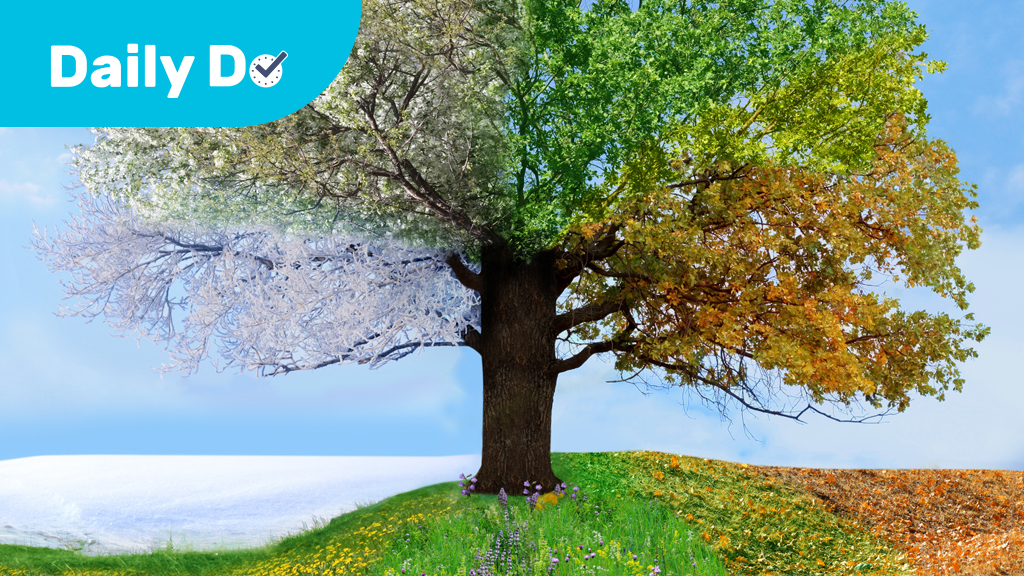Archive: Transforming Science Learning: Teaching Students the Science of COVID-19: How Can I Protect Myself and Others?, August 26, 2020
As districts develop plans for their 2020-21 school year, science educators will play an important role in educating students about COVID-19 and the underlying science and social science of the pandemic. At the Smithsonian, we hypothesize that students are more likely to engage in protective behaviors if they understand the science of WHY they are being asked to engage in these behaviors (e.g., wearing face masks, physical distancing, contact tracing, sorting through claims and evidence, etc).
As districts develop plans for their 2020-21 school year, science educators will play an important role in educating students about COVID-19 and the underlying science and social science of the pandemic. At the Smithsonian, we hypothesize that students are more likely to engage in protective behaviors if they understand the science of WHY they are being asked to engage in these behaviors (e.g., wearing face masks, physical distancing, contact tracing, sorting through claims and evidence, etc).
As districts develop plans for their 2020-21 school year, science educators will play an important role in educating students about COVID-19 and the underlying science and social science of the pandemic. At the Smithsonian, we hypothesize that students are more likely to engage in protective behaviors if they understand the science of WHY they are being asked to engage in these behaviors (e.g., wearing face masks, physical distancing, contact tracing, sorting through claims and evidence, etc).
As districts develop plans for their 2020-21 school year, science educators will play an important role in educating students about COVID-19 and the underlying science and social science of the pandemic. At the Smithsonian, we hypothesize that students are more likely to engage in protective behaviors if they understand the science of WHY they are being asked to engage in these behaviors (e.g., wearing face masks, physical distancing, contact tracing, sorting through claims and evidence, etc).









